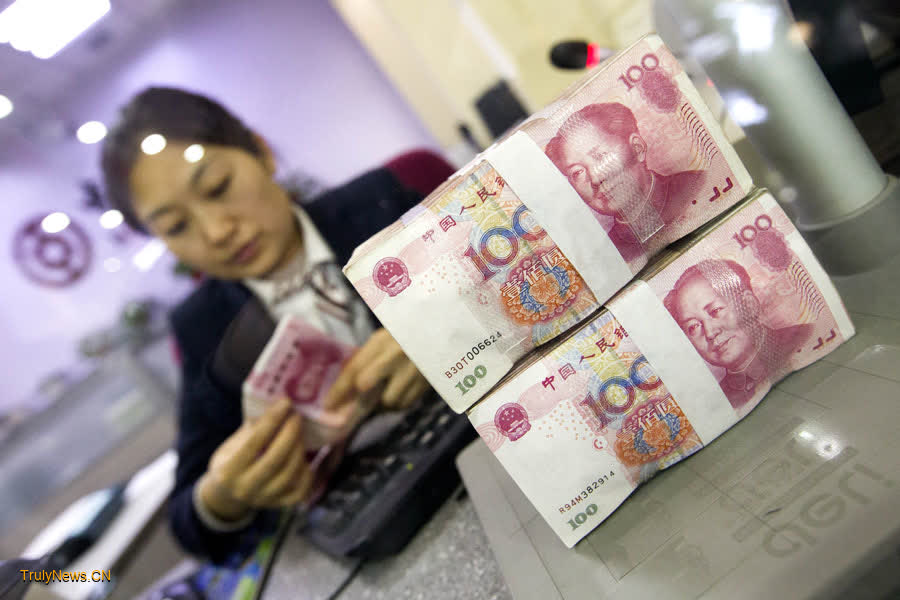
China will intensify the countercyclical adjustment of its monetary policy and create a sound monetary and financial environment for stable economic growth and high-quality development, according to Pan Gongsheng, governor of the People’s Bank of China, the country’s central bank.
“We will adhere to a supportive monetary policy, intensify and improve the precision of monetary policy regulation, effectively implement existing policies, and make greater efforts to materialize incremental policies,” Pan said last week while presenting a report on financial work to the 12th session of the Standing Committee of the 14th National People’s Congress for deliberation.
It is necessary, as Pan said, to keep liquidity adequate and at a reasonable level, and to lower financing costs for enterprises and households, while continuing to properly utilize structural monetary policy tools to strengthen support for major strategies, key areas and weak links.
The authorities should make more efforts to ensure that monetary and financial policies form synergy with fiscal, industrial and employment policies, so that the country can more effectively guard against the risk of exchange rate overshooting and keep the renminbi exchange rate basically stable at an appropriate and balanced level.
The country should also comprehensively strengthen financial supervision and regulation by strictly implementing market access and off-site supervision for financial institutions, while also strengthening coordination between the central and local financial supervision and fortifying the protection of the rights and interests of financial consumers and investors.
China needs to continue to improve the quality and efficiency of its financial services by encouraging and guiding financial institutions to optimize the credit structure, and through strengthening financial support for new quality productive forces.
The country should also intensify efforts to nurture patient capital, and vigorously promote the development of science and technology innovation bonds and green bonds.
In addition, efforts should be made to continuously deepen financial reform and opening up by supporting large commercial banks in replenishing their capital, expanding the channels for foreign investors to invest in China’s capital market, prudently advancing the renminbi’s internationalization, and promoting the development of Hong Kong and Shanghai as international financial centers, Pan said.
Policymakers should be aware of the necessity and urgency of preventing and defusing financial risks in a proactive and prudent manner to maintain the overall stability of the financial system.
To ensure a law-based policy and business environment, the country’s lawmakers need to promote the followup review of the Financial Stability Law and the Anti-Money Laundering Law, and accelerate the formulation and revision of laws and regulations such as the People’s Bank of China Law, the Commercial Bank Law, the Securities Investment Fund Law, and the State-owned Financial Capital Management Regulations.